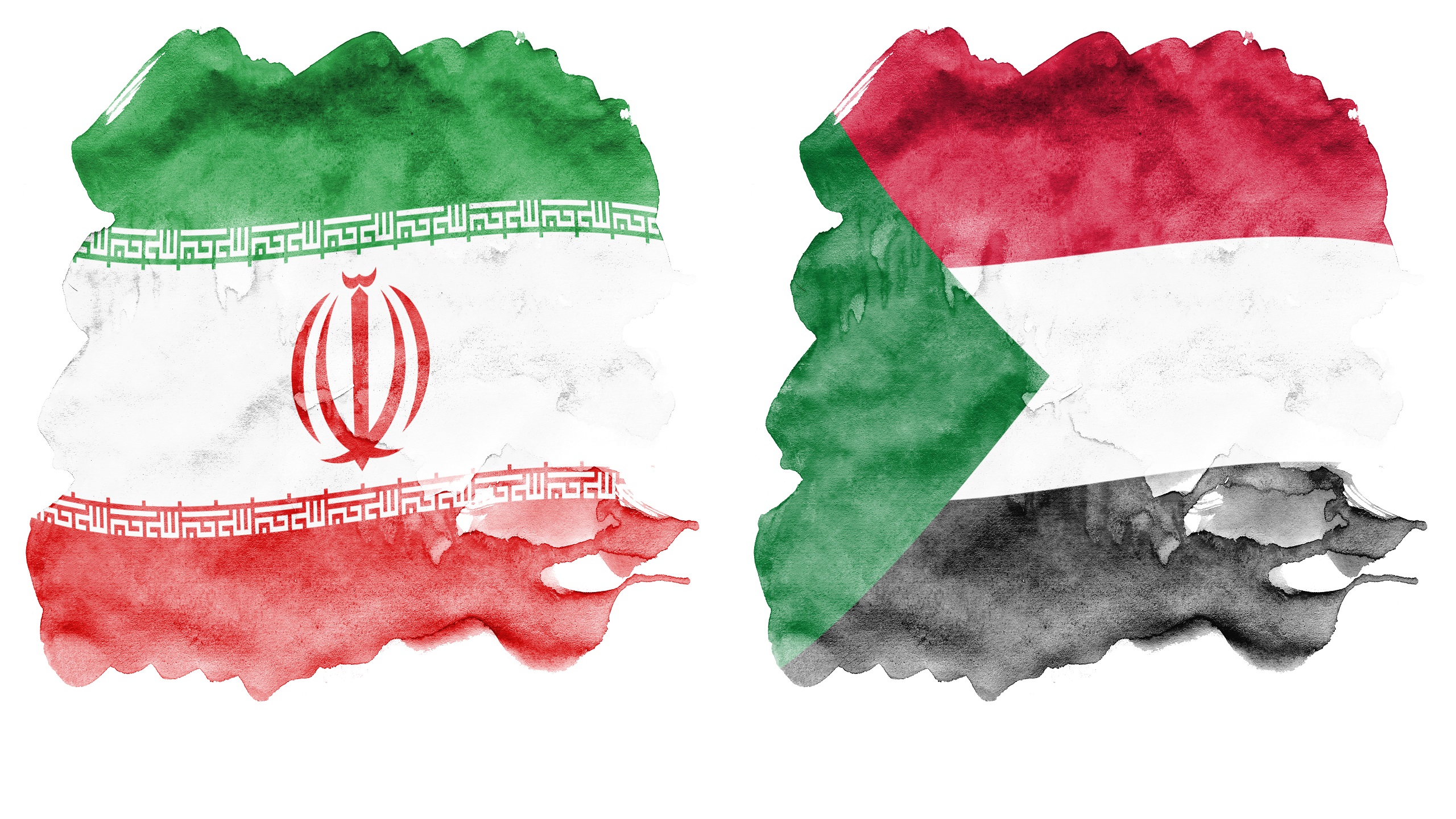Iran Exploits the Sudanese Crisis To Enhance Its Regional Influence
Al-Arab, London, October 25
Due to its geographical positioning and political-ideological leanings, Iran is actively pursuing expansion beyond its borders, particularly during times of turmoil in neighboring regions. The longstanding Sudanese crisis is no exception to Iran’s ambitions. Amid Sudan’s increasing internal chaos, Tehran identified a strategic opportunity to solidify its presence in this pivotal nation and exploit its geographical significance to further Iran’s reach into Africa—a continent it has been eyeing for political, economic, and ideological expansion for decades. One prominent avenue through which Iran strives to achieve its objectives is education. By establishing schools and universities across various African nations, including Sudan, Iran seeks to disseminate the Shiite doctrine and fortify its bonds with these communities. These educational institutions transcend mere academic purposes, functioning instead as platforms for propagating Shiite ideology and embedding Iranian influence within local societies. In this sense, education emerges as one of Iran’s soft power tools, deftly wielded to extend its influence into regions where direct military intervention proves challenging. On the Sudanese front, some factions of the Muslim Brotherhood maintain a historical connection with Iran. Although these organizational ties lack robustness, a small faction within the Brotherhood expresses strong loyalty to Iran and is influenced by Shiite ideology and the legacy of Khomeini. This ideological alliance first manifested visibly at the Khartoum branch of Cairo University, where such ideas were propagated through student activities and wall publications. Although this movement has until now remained marginal and ineffective, Sudan’s evolving landscape may provide a conducive environment for its resurgence, particularly if Iran succeeds in entrenching its presence in the nation. Sudan’s ongoing predicament—with international isolation and sanctions stemming from its internal conflicts and political disarray—drives its government to seek external alliances for support. In these circumstances, Iran is well-positioned to present itself as a strategic ally, capitalizing on Sudan’s blockade and isolation. For Tehran, forming such an alliance represents an opportunity to reinvigorate its regional and international profile via Sudan. This move would bolster Iran’s global standing, especially amid persistent tensions with Western powers and rival regional entities. The strategic geographic allure of Sudan, with its vantage point over the Red Sea—a crucial global waterway—propels Iran’s quest for influence. Control over or influence within this maritime artery presents Tehran with a strategic advantage to monitor or potentially disrupt international shipping. Establishing a formidable presence on Sudan’s coast would enable Iran to exert control over this vital passage. By strengthening alliances, particularly with the Houthis in Yemen, Iran poses a direct threat to Red Sea maritime security, amplifying concerns among regional powers, chiefly Saudi Arabia and the Gulf states. Beyond the geographical and strategic implications, bolstering Iranian sway in Sudan through military aid or armament supplies could elevate regional tensions. The presence of Iranian armaments in Sudan would exacerbate conflicts and transform the Red Sea into a focal point of international discord, complicating the regional security landscape and imperiling global navigation. Additionally, this military support might augment Iran’s capacity to directly challenge the Gulf states, which view Iran’s proximity as a national security threat. Conversely, by stoking instability in Sudan, Iran aims to relieve its internal pressures. Tehran is contending with an acute economic and political crisis due to international sanctions and domestic challenges related to social stability. Thus, projecting conflict beyond its borders by extending into Sudan allows the Iranian regime a reprieve from internal strains. Simultaneously, this expansion brings Iran closer to nations it perceives as threatening its interests, enabling it to address potential threats to its regional security more directly. Iran, therefore, views Sudan not merely as a tactical geopolitical venture but as a springboard for long-term strategic gains, encompassing African expansion and control over the Red Sea, thereby consolidating its regional power. —Abdelmonem Hemat (translated by Asaf Zilberfarb)
Give the gift of hope
We practice what we preach:
accurate, fearless journalism. But we can't do it alone.
- On the ground in Gaza, Syria, Israel, Egypt, Pakistan, and more
- Our program trained more than 100 journalists
- Calling out fake news and reporting real facts
- On the ground in Gaza, Syria, Israel, Egypt, Pakistan, and more
- Our program trained more than 100 journalists
- Calling out fake news and reporting real facts
Join us.
Support The Media Line. Save democracy.



